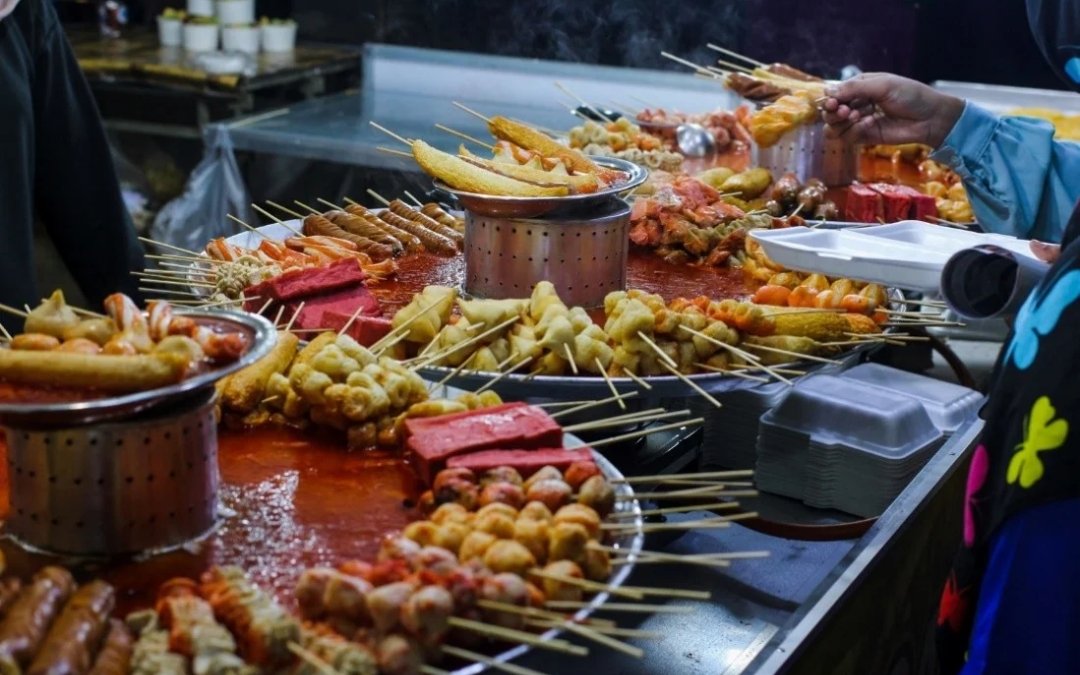The Unseen Threat: Klebsiella Pneumoniae
Who can resist the tantalizing aroma of ikan bakar (grilled fish) simmering over a slow fire or a delectable piece of tender, juicy beef steak beckoning you to take a bite?
Before you reach for your favourite street food however, be warned that something truly deadly could be lurking within the seemingly innocent array of delicious dishes.
The No. 1 Top Killer In Malaysia- It’s Not What You May Think
A recent report by The Star revealed that Pneumonia is now the No. 1 killer in Malaysia for 2023, with a staggering 18,181 deaths documented.
In fact, just recently over the Chinese New Year period, an acclaimed Taiwanese actress succumbed to pneumonia, triggered by influenza, in a case that shocked the world.
Pneumonia became the principal cause of death in this nation for the first time in two decades, surpassing heart disease as the No. 1 killer, except in 2021, when Covid-19 was the leading cause of death. According to the Statistics Department, the number of pneumonia-related deaths has gradually increased from 9,250 in 2014 to 18,181 in 2023 [1].
The Statistics on Causes of Death, Malaysia 2024 Report indicated that pneumonia accounted for 15.2% of the 119,952 medically certified deaths that year [2].
Klebsiella Pneumoniae is one of the major causes of pneumonia in Malaysia, especially in hospitals, and its antibiotic-resistant patterns pose a major challenge for treatment. This is linked to the fact that pneumonia was one of the leading causes of death in Malaysia in 2023. A study from 2000 to 2004 found varying percentages of K. Pneumoniae isolates (a pure culture of a single species of bacteria), with a peak of 41.4% in one of the study years.
Klebsiella Pneumoniaeis a gram-negative, rod-shaped bacterium that belongs to the family Enterobacteriaceae. It is a common type of bacteria found in your intestines and oropharynx (the middle section of the throat, located behind the mouth). Klebsiella Pneumoniae can turn into “superbugs” that are very resistant to antibiotics [3].
Klebsiella Pneumoniae can also cause other diseases like urinary tract infections (UTIs), bacteremia (which may lead to serious bloodstream infections), wound infections (particularly in surgical sites) as well as meningitis and liver abscesses.
Klebsiella Pneumoniae: Friend Turned Foe
Klebsiella Pneumoniae is a sneaky little bacterium. Normally co-existing happily and peacefully enough with the other cells in your body, it can suddenly turn nasty the moment your immunity is low. Like a back-stabbing “friend” that hits you at your lowest, beware that Klebsiella Pneumoniae strikes in the same manner, and is utterly ruthless.
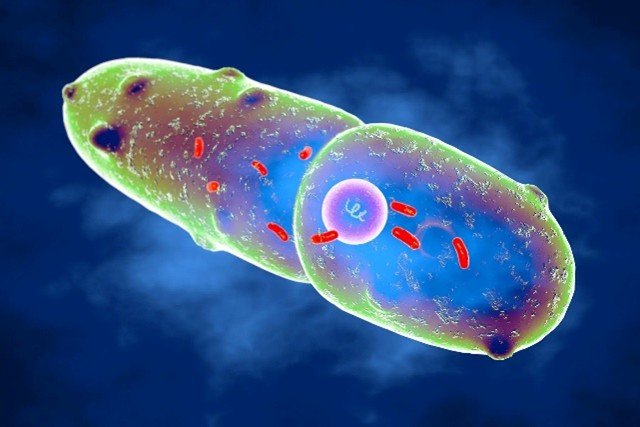
What Is Pneumonia?
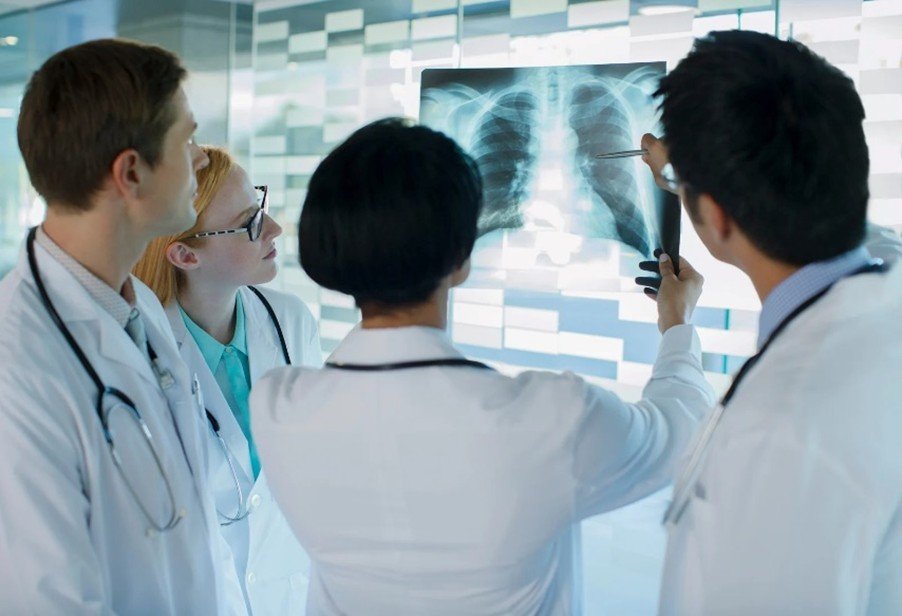
Imagine dunking your head completely in a pail of water and trying to breathe. That’s what Pneumonia feels like. Pneumonia is a condition of the inflammation of the lungs, specifically in the alveoli, which are millions of tiny air sacs that help us take in oxygen.
In pneumonia, these alveoli become filled with pus and fluid, which makes breathing painful. It reduces our ability to take in oxygen from the air we breathe and exhale carbon dioxide. This distressing condition is akin to drowning in water with every breath inhaled.
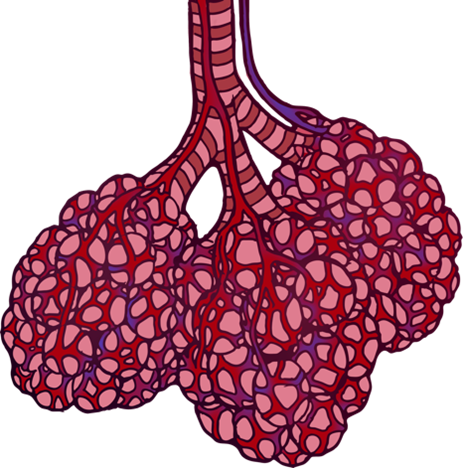
Symptoms of Pneumonia typically include cough, fever, chills, and difficulty breathing. Pneumonia is particularly high among vulnerable populations such as children and the elderly.
Pneumonia is usually contracted through person-to-person contact, infected food or water, or via contact with surfaces contaminated with the pathogen. The flu can significantly increase the risk of bacterial pneumonia, which leads to severe disease and death.
The Malaysian Connection- Why Is Pneumonia The Top Killer In This Nation?
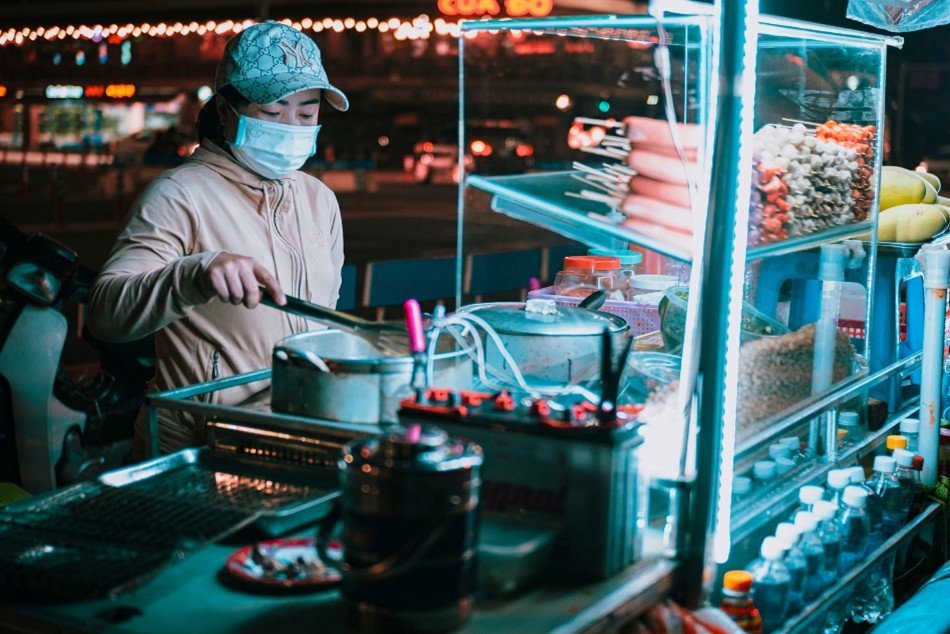
In a recent study, a total of 78 samples of street foods from different states in Malaysia were examined for the presence of Klebsiella Pneumoniae. Alarmingly, Klebsiella Pneumonia contamination was recorded in 32% of the samples examined [4].
Pneumonia is a common cause of death in other countries, but it is not the top killer simply because the eating habits and lifestyle of people in other nations differ from Malaysians.
Malaysians are well known for their great love for food, especially hawker food which is easily available in great abundance and variety at affordable prices. Constant patronizing of these hawker stalls has led to greater exposure to the deadly K. Pneumoniae bacteria.

The Vaccine Void: Why K. Pneumoniae Is a Tough Nut to Crack
The only vaccines now available against Pneumonia are Pneumococcal vaccines which are merely effective against the bacterium Streptococcus Pneumoniae.
There are currently no vaccines in the market to counteract the antibiotic-resistant Klebsiella Pneumoniae. This bacterium is resistant to at least 20 types of antibiotics. It is 100% resistant to ampicillin, erythromycin, and rifampicin, 96% resistant to streptomycin and 80% resistant to sulfamethoxazole.
This vaccine void makes it difficult to tackle and eradicate the bacteria. In addition, the very structure of this bacteria makes it a tough nut to crack. It is entirely encapsulated in a highly resilient outer shell that repels all attempts at antibiotic treatment. Its outer capsule provides resistance against many host defense mechanisms.
SCFAs: The Unsung Heroes of Your Gut
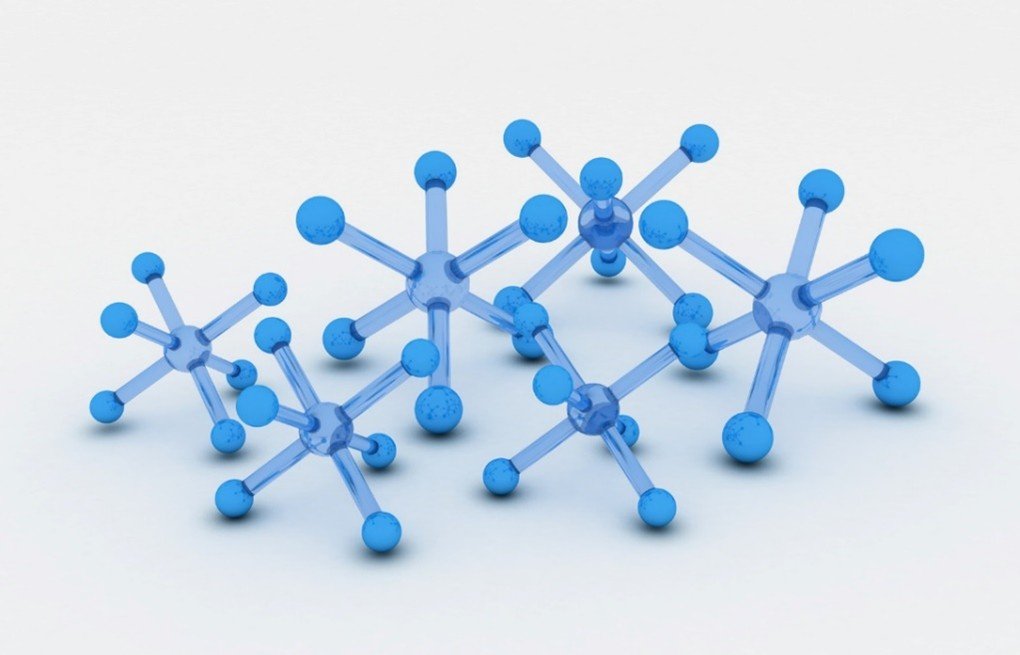
What Are Short-Chain Fatty Acids (SCFAs)?
- SCFAs are compounds that are produced when friendly, good bacteria in the gut break down carbohydrates, protein, sugars, and mucins. They are the main source of nutrition for the cells in your colon.
- About 95% of the short-chain fatty acids in your body are: Acetate (C2), Propionate (C3) and Butyrate (C4) [5].
- High-fiber foods such as fruits, veggies, legumes, and whole grains encourage the production of short-chain fatty acids in our gut.
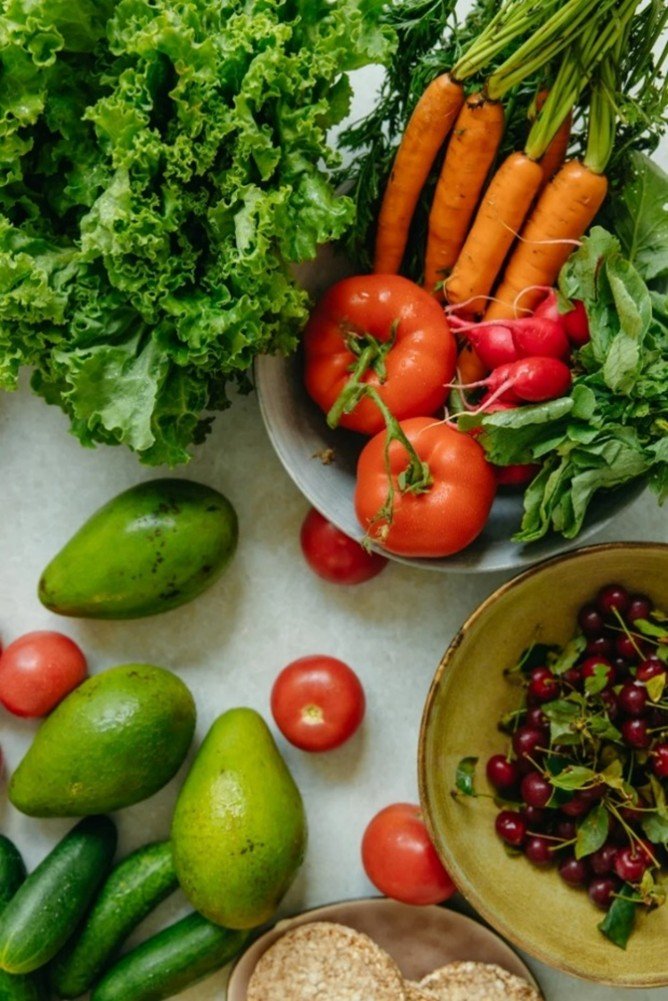
Gut Dysbiosis Can Reduce SCFAs In Our Body
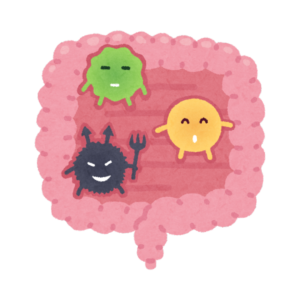
Gut dysbiosis occurs when our gut’s microbial balance is disrupted.
Influenza A and SARS-CoV-2 infections can disrupt this delicate balance. This leads to a decrease in the production of short-chain fatty acids (SCFAs) by gut bacteria and increases the risk of bacterial respiratory infections (e.g. the common Cold, Influenza (flu), Pneumonia, Bronchitis, and COVID-19) [6].
Studies have shown that patients with intestinal disorders have lower levels of SCFAs, and are therefore more susceptible to lung diseases.
How SCFAs Work
SCFAs are produced naturally in our body and play an extremely important role in our fight against disease. SCFAs are anti-inflammatory, they effectively repair the gut barrier and increase immunity in our body.
- SCFAs exert anti-inflammatory effects by activating specific receptors on immune cells. They modulate inflammation by regulating cytokine production in immune cells (cytokines are signaling proteins that can be pro- or anti-inflammatory in nature).
- SCFAs also reinforce the gut barrier. The gut barrier is a multi-layered system that protects the body from pathogens and harmful substances. This barrier is vital as it prevents pathogens from entering your bloodstream via your gut, and wreaking havoc on your health.
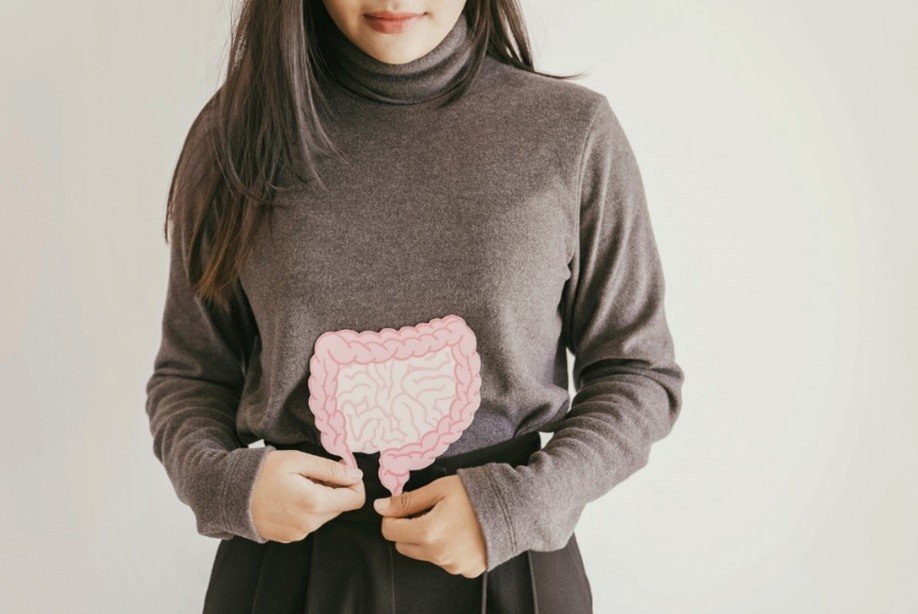
- SCFAs enhance immunity by directly interacting with immune cells in the gut like macrophages, neutrophils, dendritic cells, and T lymphocytes to reduce inflammation, stop infections, and regulate immune responses. These powerful SCFA molecules can also reduce viral loads and even enhance the effects of vaccines.
SCFAs also protect against bacterial superinfections. Bacterial superinfection is a secondary bacterial infection that occurs during or after another infection (usually viral), often caused by an antibiotic-resistant strain of bacteria.
SCFAs Provide All-Round Protection

SCFAs can cross into the blood and exert its healing effects away from the intestines and into other parts of the body, such as in the lungs.
SCFAs help heal lung infections by:
- Increasing pathogen clearance and reducing virus load.
- Decreasing tissue damage caused by exacerbated inflammation [7].
The SIM01 Solution: Boosting Your Body’s Defences
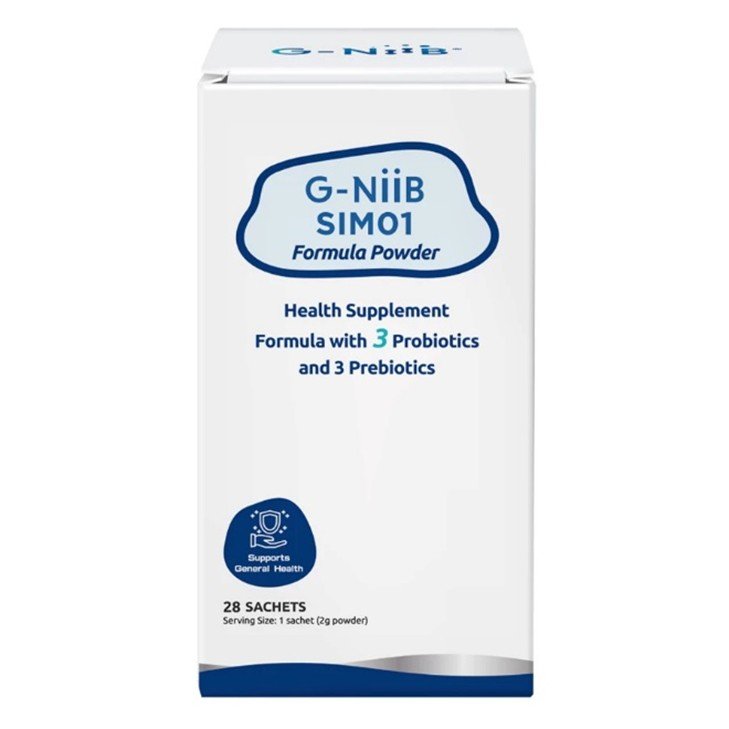
AWARDS:

With no vaccine in sight against Klebsiella Pneumoniae currently and knowing its extremely antibiotic-resistant nature, what can be done to protect ourselves from this new and very deadly threat to our health?
The answer is SIM01! SIM01 is not merely another probiotic or supplement. It is an award-winning, medicinal immunity probiotic or treatment which effectively addresses the issue at hand.
SIM01 has been carefully formulated with a combination of specific bifidobacteria and soluble fibers, designed to alter your gut microbiome to increase SCFA production (soluble fibers are prebiotics that feed the good bacteria in your gut). SIM01 creates the ideal environment in which these flu-fighting SCFAs can be produced optimally.
A large-scale, double-blind, clinical study published in the journal, The Lancet Infectious Diseases (the global authority and leader in clinical infectious diseases) found that SIM01 significantly increases SCFA-producing gut bacteria [8].
Don’t wait any longer. We are now at the peak of the flu season. Ensure that you are well-protected from the flu and Klebsiella Pneumoniae with SIM01, available at your nearest pharmacy.
In our next Blog we will examine in greater detail the fascinating world of SCFAs and how SIM01 can significantly boost SCFAs in our body to provide exceptional protection against life-threatening diseases, as well as discover the ground-breaking, broader benefits of SCFAs. Stay tuned for Part 2!
References:
[1] https://www.thestar.com.my/news/nation/2024/11/25/understanding-malaysias-no-1-killer
[3] https://www.webmd.com/a-to-z-guides/klebsiella-pneumoniae-infection
[5] https://www.healthline.com/nutrition/short-chain-fatty-acids-101#TOC_TITLE_HDR_2
[6] Machado MG, Sencio V, Trottein F. Short-Chain Fatty Acids as a Potential Treatment for Infections: a Closer Look at the Lungs. Infect Immun. 2021 Aug 16;89(9):e0018821.
Sencio V. Gut Dysbiosis during Influenza Contributes to Pulmonary Pneumococcal Superinfection through Altered Short-Chain Fatty Acid Production. Cell Rep. 2020 Mar 3;30(9):2934-2947.e6.
[7] Machado MG, Sencio V, Trottein F. Short-Chain Fatty Acids as a Potential Treatment for Infections: a Closer Look at the Lungs. Infect Immun. 2021 Aug 16;89(9):e0018821.
[8] Lau, Raphaela, A synbiotic preparation (SIM01) for post-acute COVID-19 syndrome in Hong Kong (RECOVERY): a randomised, double-blind, placebo-controlled trial, The Lancet Infectious Diseases, Volume 24, Issue 3, 256 – 265.

